FTC Appeals Ruling Allowing Microsoft-Activision Deal
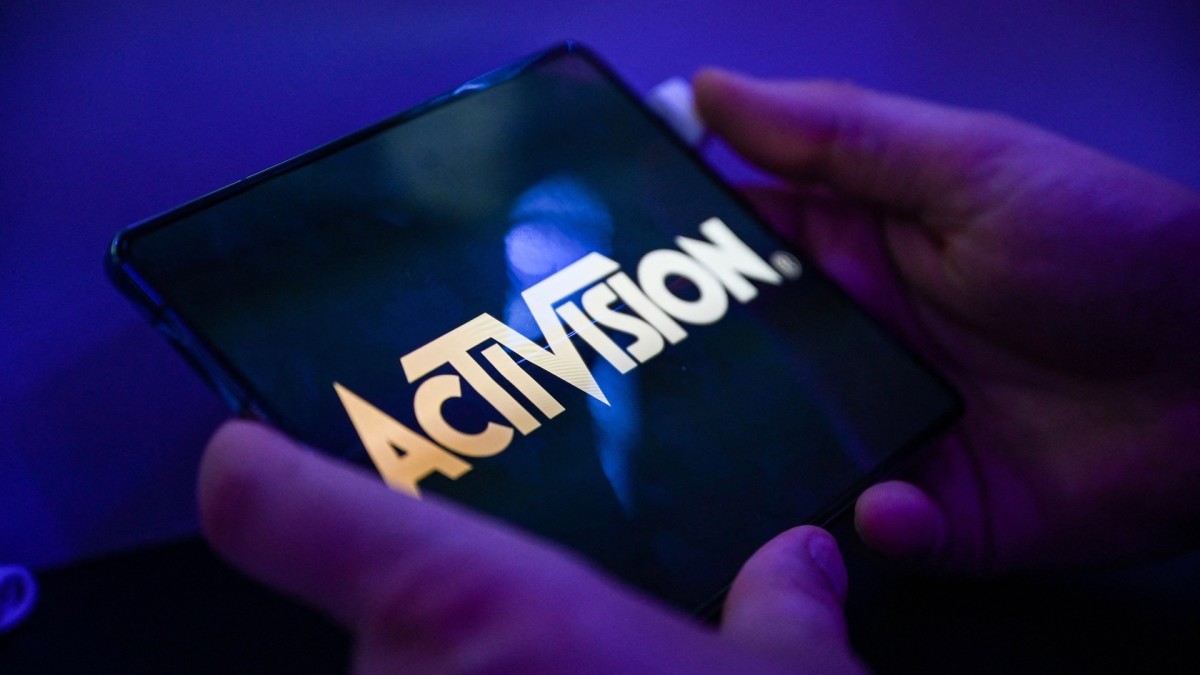
Table of Contents
The FTC's Initial Case Against the Merger
The Federal Trade Commission (FTC) launched its lawsuit against the merger, primarily concerned about its potential impact on competition within the gaming market.
Concerns about Competition in the Gaming Market
The FTC's central argument revolved around the potential loss of competition, particularly focusing on the immensely popular Call of Duty franchise. Their concerns included:
- Reduced Competition: The FTC argued that Microsoft's acquisition of Activision Blizzard would significantly reduce competition, giving Microsoft an unfair advantage and potentially harming consumers.
- Anti-competitive Practices: The commission feared that Microsoft could leverage its ownership of Call of Duty and other Activision Blizzard titles to stifle competition from other game publishers and platforms, potentially leading to higher prices, reduced innovation, and a less diverse gaming market.
- Market Dominance: The FTC presented data suggesting that the merger would grant Microsoft an unacceptable level of market dominance, particularly in the console and cloud gaming spaces. While precise figures are debated, the FTC highlighted Microsoft's existing market share in Xbox consoles and its growing presence in cloud gaming services like Xbox Cloud Gaming.
The FTC's Proposed Remedies
To prevent the merger, the FTC proposed several remedies, including:
- Behavioral Remedies: These involved stipulations limiting Microsoft's ability to use Activision Blizzard's titles in anti-competitive ways, such as exclusive deals that would limit access for other platforms.
- Structural Remedies: This could have involved forcing Microsoft to divest itself of certain Activision Blizzard assets to maintain competition in the market.
The FTC argued that these remedies, as proposed, were insufficient to address their core concerns about the anti-competitive nature of the merger.
The Judge's Ruling in Favor of the Merger
Despite the FTC's concerns, a federal judge ruled in favor of the merger, allowing it to proceed.
Key Arguments Presented by Microsoft and Activision
Microsoft and Activision countered the FTC's arguments by emphasizing:
- Benefits for Gamers: They highlighted the potential benefits for gamers, such as increased access to games through cloud gaming and cross-platform play.
- Industry Innovation: They argued that the merger would foster innovation and investment in the gaming industry, leading to better and more diverse games.
- Market Dynamics: Microsoft and Activision presented data suggesting that the market is far more competitive than the FTC portrayed, citing the presence of strong competitors like Sony, Nintendo, and other game publishers. They argued that their combined market share wouldn't create a monopoly.
The Judge's Reasoning and Decision
The judge's decision largely centered on the perceived lack of sufficient evidence to support the FTC's claim of significant anti-competitive harm. The judge's reasoning highlighted the complexities of the gaming market and the difficulty in definitively proving anti-competitive behavior before the merger even took place. The ruling did not necessarily endorse the merger's merits but rather concluded that the FTC hadn't met the burden of proof to block it.
The FTC's Appeal and its Implications
Unsatisfied with the ruling, the FTC filed an appeal.
The Grounds for the FTC's Appeal
The FTC's appeal centers on their belief that the judge incorrectly assessed the evidence and the potential for anti-competitive behavior. They argue that the judge misrepresented the market dynamics and underestimated the risks to consumers.
Potential Outcomes and Their Impact on the Gaming Industry
The outcome of the appeal will have significant implications:
- Successful Appeal: A successful appeal could lead to the merger being blocked, potentially setting a new precedent for future mergers and acquisitions in the tech industry.
- Unsuccessful Appeal: An unsuccessful appeal would solidify the initial ruling and potentially set a precedent for a more lenient approach to mergers in the gaming sector.
The case will have broader consequences for regulatory oversight of mergers in the tech industry and the future of the gaming industry itself. It will affect how future mergers are evaluated and could lead to adjustments in regulatory frameworks for the tech sector.
Conclusion
The FTC Appeals Microsoft-Activision case represents a pivotal moment for the gaming industry. The initial FTC lawsuit, the subsequent court ruling, and the ongoing appeal highlight the complexities of regulating mergers in a rapidly evolving technological landscape. The outcome will significantly shape the future of gaming, influencing competition, pricing, and innovation. Stay informed about future developments regarding the FTC Appeals Microsoft-Activision case, the Microsoft-Activision merger, and the broader implications for gaming industry regulation; the future of gaming may well depend on it.

Featured Posts
-
 Doom The Dark Ages A Game For Lovers And Slayers
May 18, 2025
Doom The Dark Ages A Game For Lovers And Slayers
May 18, 2025 -
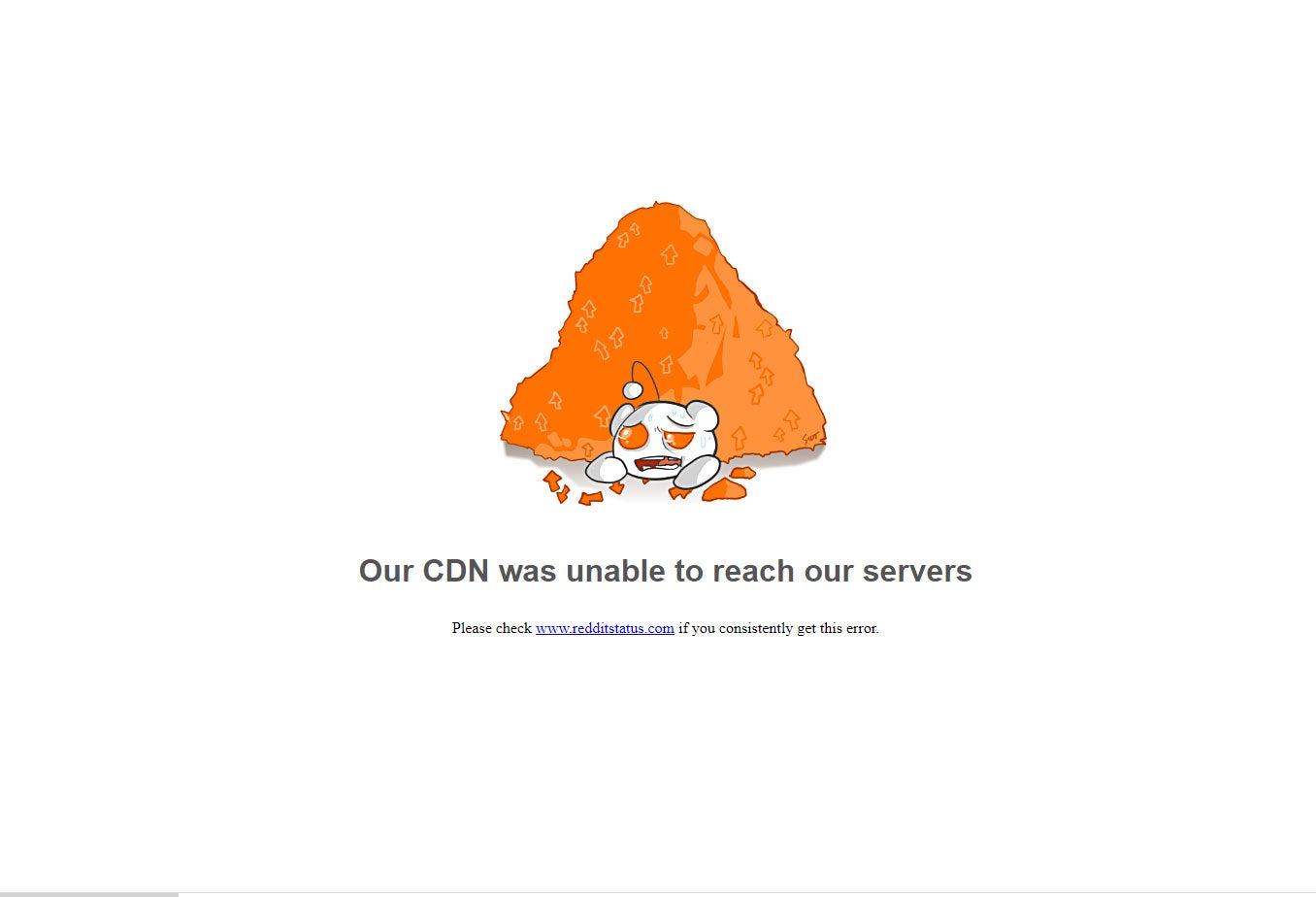 Why Is Reddit Down Investigating The Current Global Issues
May 18, 2025
Why Is Reddit Down Investigating The Current Global Issues
May 18, 2025 -
 Concerns Grow Over Easter Bonfires Amidst Dry Weather
May 18, 2025
Concerns Grow Over Easter Bonfires Amidst Dry Weather
May 18, 2025 -
 Bayern Munichs Youth System Angelo Stillers Breakthrough And Ongoing Challenges
May 18, 2025
Bayern Munichs Youth System Angelo Stillers Breakthrough And Ongoing Challenges
May 18, 2025 -
 Breaking The Rules A Look At Red Carpet Guest Behavior
May 18, 2025
Breaking The Rules A Look At Red Carpet Guest Behavior
May 18, 2025
Latest Posts
-
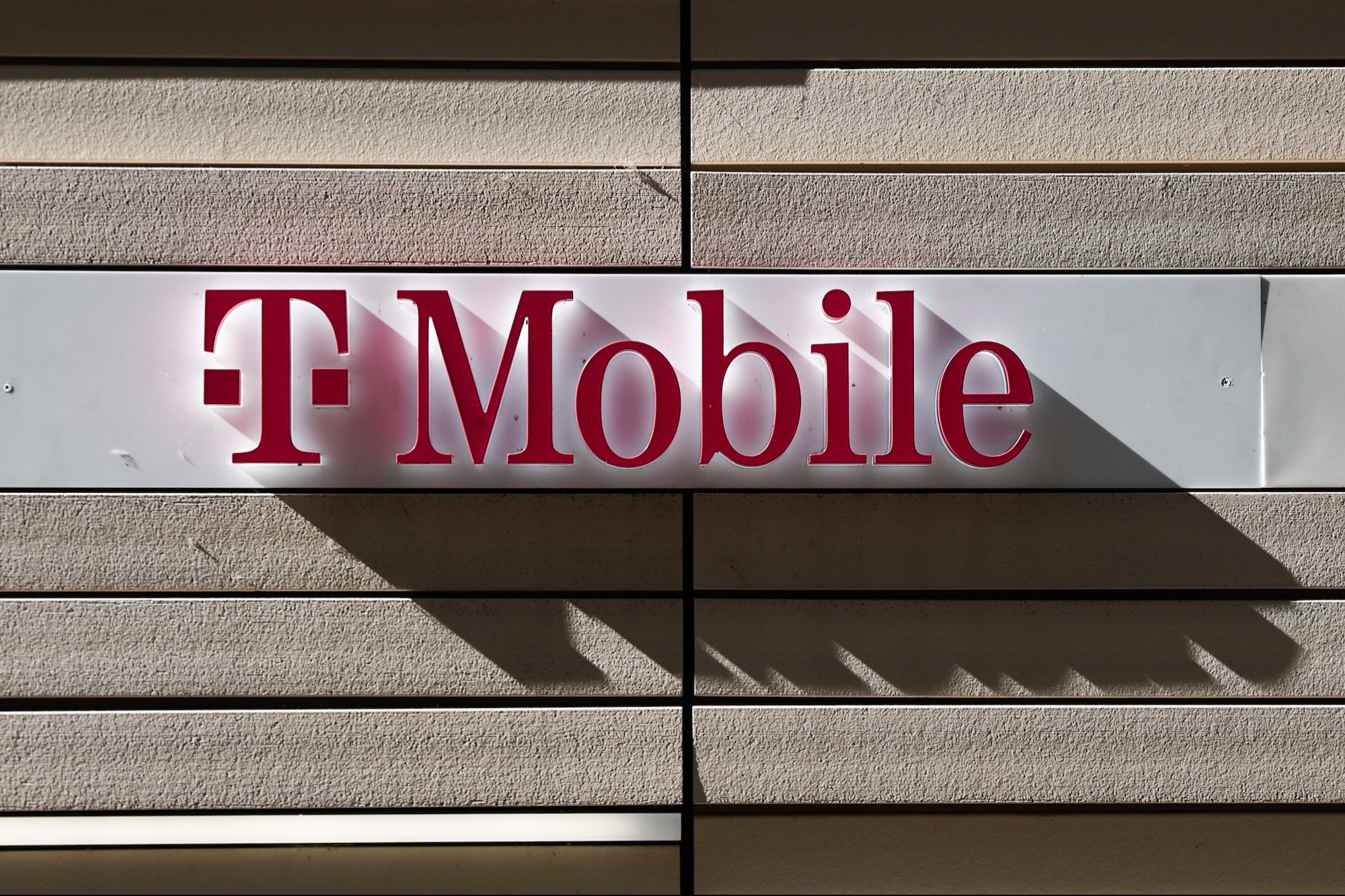 T Mobile Fined 16 Million For Repeated Data Breaches Over Three Years
May 18, 2025
T Mobile Fined 16 Million For Repeated Data Breaches Over Three Years
May 18, 2025 -
 Students Ai Paper Mits Official Response And Repercussions
May 18, 2025
Students Ai Paper Mits Official Response And Repercussions
May 18, 2025 -
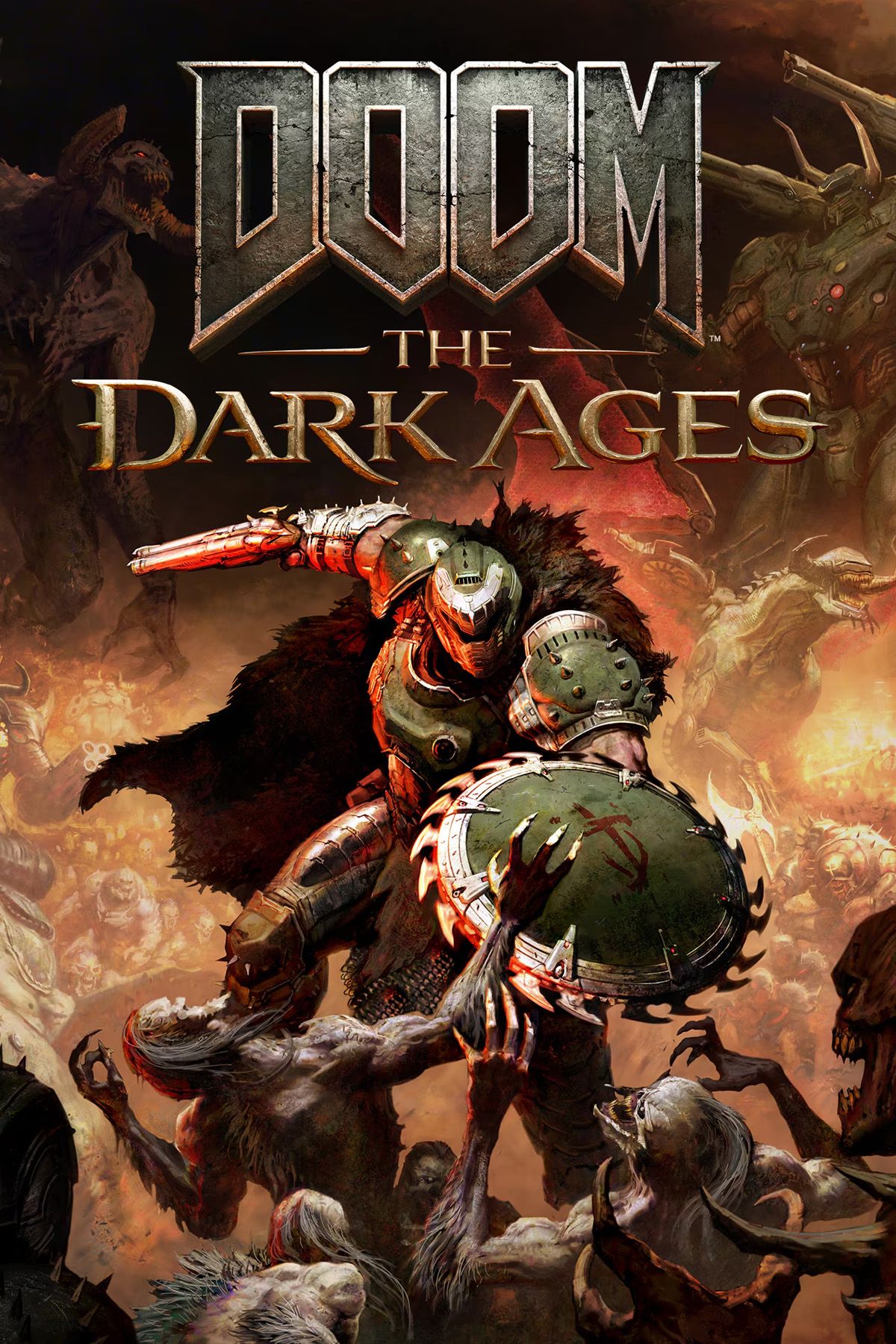 Doom The Dark Ages A Balanced Approach To Love And Action
May 18, 2025
Doom The Dark Ages A Balanced Approach To Love And Action
May 18, 2025 -
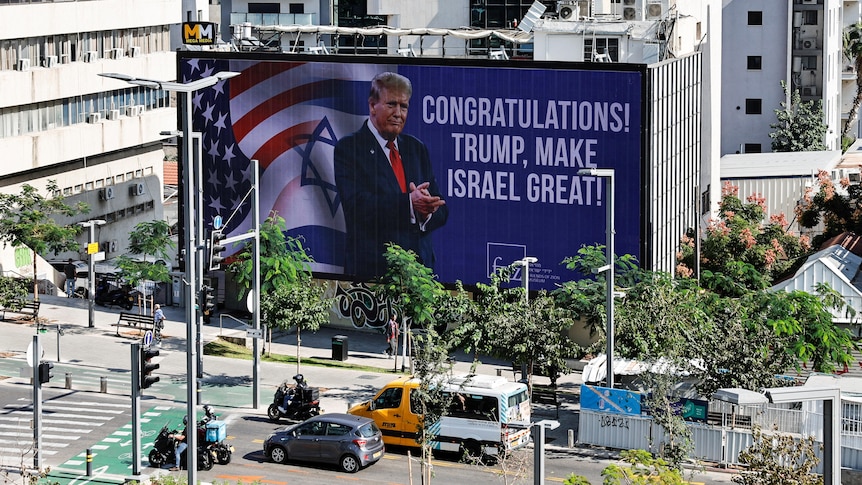 The Geopolitical Implications Of Trumps Middle East Tour
May 18, 2025
The Geopolitical Implications Of Trumps Middle East Tour
May 18, 2025 -
 Controversy Mit Withdraws Backing From Students Ai Project
May 18, 2025
Controversy Mit Withdraws Backing From Students Ai Project
May 18, 2025
